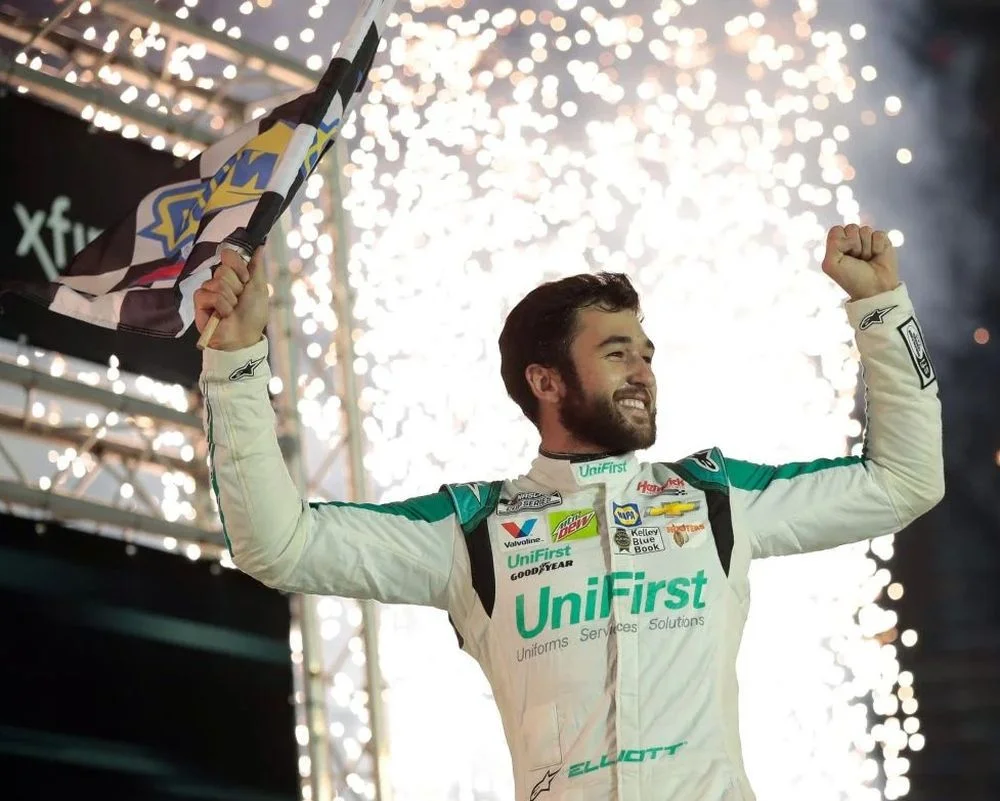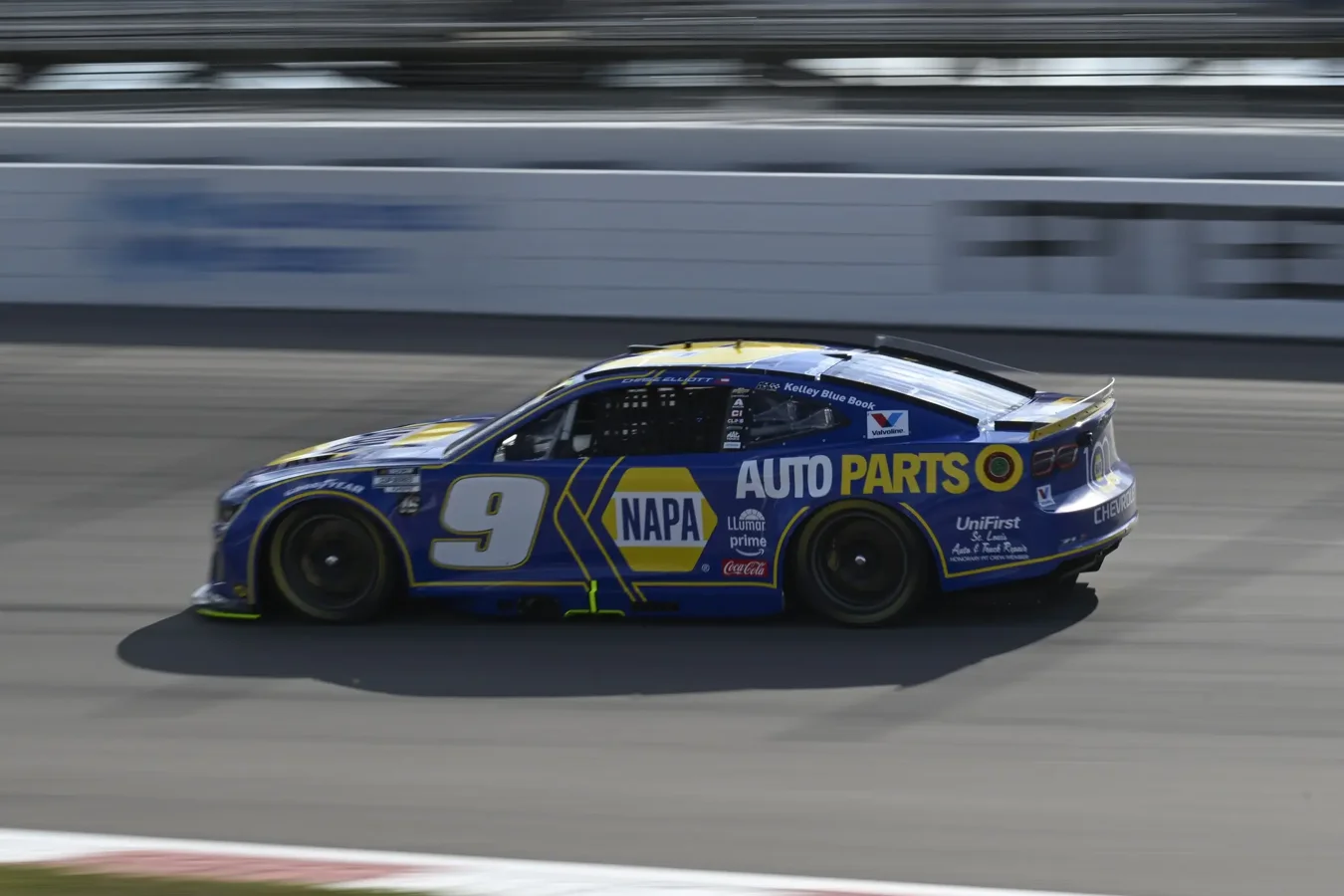Chase Elliott on new NASCAR playoff format has become a focal point as drivers and officials weigh potential changes for the 2026 NASCAR Cup Series postseason. As the Bass Pro Shops Night Race in Bristol approaches, discussions about modifying the playoff structure have intensified, with key figures voicing their perspectives.
NASCAR Playoff Changes at the Center of Discussion
With the field set for the Bristol race and AJ Allmendinger securing an unexpected pole position, most conversations have shifted beyond Saturday night’s action to the ongoing debate about NASCAR’s playoff system. The current format, implemented up through this season, uses a 3/3/3/1 system. That means the Rounds of 16, 12, and 8 each consist of three races, culminating in a single decisive Championship Four event. This approach has drawn criticism for rewarding one-race performances rather than season-long consistency, raising calls for reform among drivers and fans alike.
Chase Elliott Voices Support for the 3/3/4 Format
Recently, NASCAR insider Jordan Bianchi shared details about a possible 3/3/4 playoff format, speculated for use starting in 2026. Under this structure, the final four drivers would compete for points across four consecutive races, replacing the current single-race championship decider. During the Bristol race weekend, Hendrick Motorsports driver Chase Elliott made it clear where he stands on the speculation. As he weighed in, Elliott emphasized that he believes the proposed setup—though not perfect—represents a positive shift from the current system.

“I think it would be better than what we have. Because you just have a larger amount of races at around to decide. You know, it could, it would, seemingly, would give an opportunity to, you know, have something that’s totally out of somebody’s hands, not completely derail their championship. What is now day, you know, their shop. So, it seems like, is it perfect? Probably not. But I would say that that sounds better.”
—Chase Elliott, Driver
“It would be better than what we have … it would seemingly give an opportunity to have something that’s totally out of somebody’s hands not completely derail their championship”
—Chase Elliott, Driver
Elliott’s statement adds to a chorus of drivers expressing views on the matter, coming shortly after Bubba Wallace commented that he prefers to keep out of the discussion. The emergence of respected drivers’ opinions has kept the playoff debate lively heading into the latter rounds of the season.
How NASCAR Officials and Other Figures Have Responded
The question of whether to adjust the playoff structure is also under review by NASCAR leadership. President Steve O’Donnell addressed the issue by acknowledging past deliberations and fan backlash. He indicated that while a decision has not yet been finalized for the Cup Series, officials might first implement the format experiment in a lower series to evaluate its effect before making any permanent changes at the top level.
Bianchi’s revelation and the growing driver input, including from Elliott and Wallace, reflect the conflicted yet intense atmosphere around possible reforms as the NASCAR Cup Series continues its push toward the championship. Many in the organization and fanbase see potential in a structure which can reward greater consistency rather than a single strong performance in the final round.
Spotlight Returns to Chase Elliott and Bristol Race Action
While the playoff reform conversation continues, attention also turns back to the on-track competition. Chase Elliott will launch his Bristol campaign from 16th on the grid, following a strong third-place finish in the prior race. As he aims to improve his current ninth-place standing in the points tally, Elliott remains a leading figure in both performance and opinion when it comes to the direction of NASCAR’s playoff future.
The debate over the 3/3/4 structure, driven by figures including Elliott, Jordan Bianchi, Steve O’Donnell, and others, is poised to shape NASCAR postseason planning in the coming years. If implemented, the changes could mark a significant evolution in how the champion is determined—placing renewed focus on overall performance rather than a single decisive race and addressing long-standing concerns of drivers, fans, and officials.
